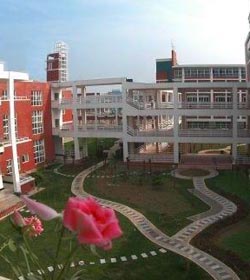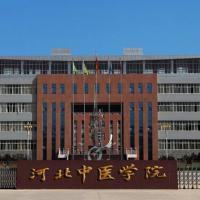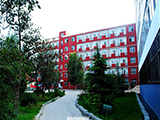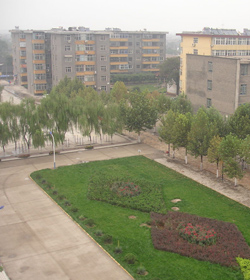2016年12月英语六级阅读理解100篇:政治军事
2016-11-16 09:14:30am
US President Bush will soon give Russia notice that the United States is withdrawing from the 1972 nucleartreaty that bans testing of missile defense systems. US government officials said on Tuesday.
He will announce the decision in the next several days, effectively citing a clause in the Anti-Ballistic Missile Treaty that requires the United States and Russia to give six months notice before abandoning thepact.
Wich the decision, Bush takes the first step foward fulfilling a campaign pledge to develop and deploy an anti-missile system that he says will protect the United States and its allies, including Russia, from missiles fired by hostile nations.
Russia and many US allies have warned Bush that withdrawing from the pact might trigger a nuclear arms race. Critics of the plan also question whether an effective system can be developed without enormous expense.
The president defended his push for a missile shield during a national security speech Tuesday at the Citadel in South Carolina.
Last week we conducted another promising test of our missile defense technology, Bush said. For the good of peace, were moving forward with an active program to determine what works and what does not work. In order to do so, we must move beyond the 1972 Anti-Ballistic Missile Treaty, a treaty that was written ina different era, for a different enemy.
America and our allies must not be bound to the past. We must be able to build the defenses we need against the enemies of the 2lst century, he said.
According to Bush administration officials, Russian President Vladimir Putin had assured Bush during theirOctober talks in Washington that US-Russian relations would not suffer even if Bush pulled out of the treaty.
The decision came as Secretary of State Colin Powell, in Moscow, said Russia and the United States are near agreement on drastic cuts in long-range nuclear arsenals, but remain, at odds over a US missile defense.
1.The U.S. decided to withdraw from the nuclear treaty because the treaty required its members not__________________.
2.When will the U.S. withdraw from the nuclear treaty?
3.According to Russia, US withdrawal from the treaty may bring about__________________.
4.What is Russias attitude towards U.S. withdrawal from the 1972 ABM Treaty?
5.Russian and the U.S. still couldnt reach agreement on_________________.
答案:
1.[to test missile defense systems]
[定位]首段。
解析:原文该段中修饰nuclear treaty的定语从句表明了美国退出核仿控制条约的原因,且原文中的bans...与题目中的require... not同义。要注意的是,require常用require sb.to do/not to do sth.,因此,回答本题时,要先将原文中的testing改为动词不定式形式to test,故本题答案为to best missile defense systems。
2.[In six months.]
[定位]开关两段。
解析:第2段段末的six months notice before...表明美国将在6个月后正式退出条约,故答案为6个月后,注意在将来时中表达6个月后要用介词in而非after。
3.[a nuclear arms race]
[定位]第4段首句。
解析:原文该句中的trigger与题目中的bring about都有导致的意思,由此可见,原文中tigger的宾语a nuclear arms为本题答案。
4.[Approving/Supportive.]
[定位]第8段。
解析:原文该段末的...US-Russian relations would not suffer even if Bush pulled out of the treaty表明俄罗斯对美国退出ABM条约的态度是认可的,这种态度可以表达为approving或supportive。
5.[a US missile defense]
[定位]末段。
解析:该段段末的but表明at odds与该段前半个分句中的agreement表达的含义相反,可见美俄两国在a US missile defense方面未能达成一致,故可知答案。
以上就是查字典大学网为同学们带来的“2016年12月英语六级阅读理解100篇:政治军事”内容了,希望看完能够带给大家一些力量,对同学的生活有所启示,更多内容在这里,请继续关注我们。



